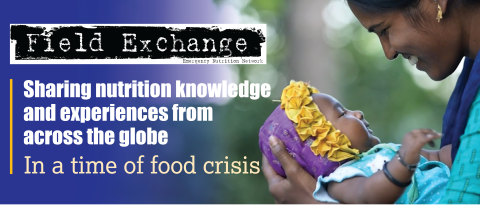Free course: Operational research for humanitarians
The University of Geneva has recently launched a massive open online course (MOOC) for humanitarian professionals and early career researchers from any sector. The course, taught in English (through an estimated 16 hours of self-learning), does not require any prior knowledge and provides learners with the fundamental skills to handle humanitarian research concepts and methods. It aims to make humanitarian action more evidence-based. It features flexible deadlines, and the University of Geneva provides a shareable certificate of attainment upon completion.
The course has been developed by the Geneva Centre of Humanitarian Studies, in partnership with Aga Khan University, Pakistan, and the International Committee of the Red Cross (ICRC). It aims to build a bridge between research and practice. The syllabus covers important questions, such as how can research be used for humanitarian practice? What are the most appropriate research methods in these contexts? How can I judge the quality of the evidence in question? Is evidence applicable to the context I work in? How can populations in a situation of vulnerability be protected during a study? The MOOC is designed as a five-week learning journey with alternating videos, quizzes, exercises and assignments.
Users can enrol for free at any time and access content from expert instructors: Karl Blanchet, Faculty of Medicine, University of Geneva; Francesca Grandi and Emilie Venables, ICRC; Sameen Siddiqi, Maleeha Naseem, and Jai Das, Aga Khan University, Karachi; and Benjamin Schmid, Geneva Centre of Humanitarian Studies, University of Geneva.
For more information about the course, as well as information about enrolment and the syllabus, please visit https://www.coursera.org/learn/research-humanitarian.


